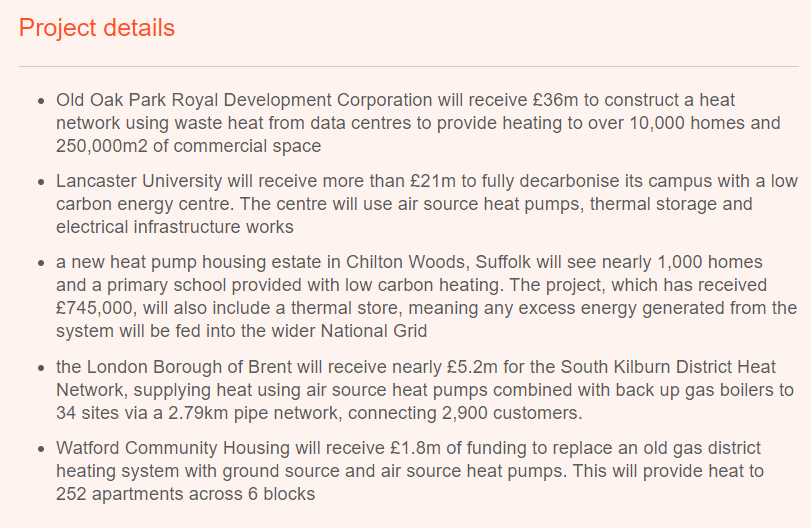
An uncertain economic forecast is leading some companies to hold off on recruiting more staff and focus on keeping their existing employees. Despite this, overall job vacancies still remain above levels seen before the pandemic. The construction sector is generally speaking buoyant and plenty of opportunities are out there for top performing employees.
So, what can you do to keep motivated whilst looking for your next role?
Stay Positive
I chose to mention this first of all as it feels the most important but also the toughest at times. Its easy to feel discouraged when you don’t hear back from an employer or if your application is rejected.
To keep a positive outlook, remember it won’t always be like this. Things change eventually.
Set realistic goals
Setting achievable goals is an essential part of staying motivated during a job search. For example, instead of setting out to apply to 20 jobs in one day, go for quality rather than quantity. By breaking down your job search into smaller and specific goals you are more likely to accomplish each one which will in turn give you a sense of accomplishment and help keep you motivated.
Stay organised
As well as the obvious – having an up-to-date CV and professional profile, staying organised can help you stay motivated and focused during your job search. Keep track of your applications, interviews, and follow-up emails in a spreadsheet or document. This will help you stay on top of your job search and make it easier to follow up with potential employers as well as avoids applying for roles twice!
Network and connect with people
Networking is an important part of any job search. Connect with people in your industry or profession through LinkedIn, industry events, or other networking opportunities. This can help you learn about new job opportunities and make Personal connections can often lead to valuable job leads and referrals.
Try out new job boards, explore Slack communities, and connect with hiring managers on Twitter as well as people in your industry and identify potential job openings.
Learn new skills
Learning new skills can help you stay motivated and improve your chances of finding a job. Take online courses, attend workshops, or read industry publications to stay up to date on the latest trends and developments in your field.
Request constructive feedback
This may feel awkward if you have just been rejected but constructive feedback may give you an insight into where you may be going wrong or simply point out areas which may need improvement.
Keep going
Staying persistent is key to finding a job. Keep applying for jobs, following up with employers, and networking. Even if you don’t hear back from an employer or get rejected for a job, don’t give up. Stay persistent, and you will eventually find the right job.
Self-care, taking breaks and celebrating small victories
Looking for work is not for the faint hearted, but in order to stay strong and keep going you have to care for yourself, this means doing small things which bring you joy, or you find relaxing, taking regular breaks, keep moving and celebrate the small victories along the way.
And remember it won’t always be like this. Things change eventually.
If you are a civil engineering or construction professional looking for the next step in your career, we currently have an interesting selection of roles available.
You can check out our Job Board, contact us or why not connect with us on LinkedIn.












